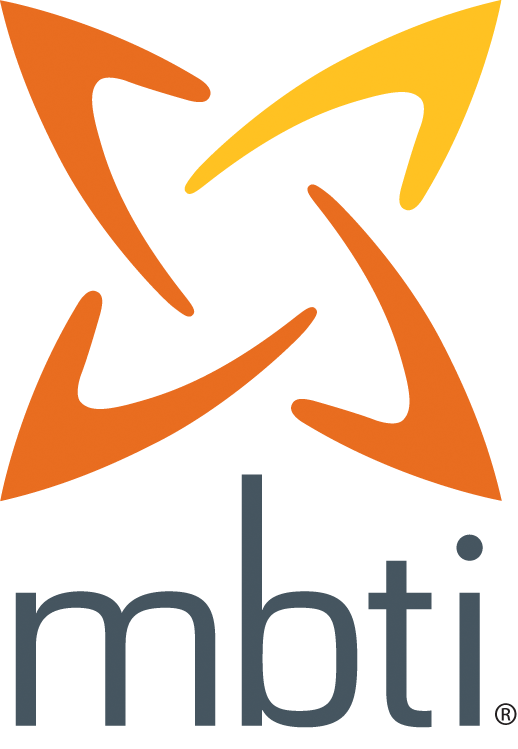Strategy execution relies upon each team member understanding their unique “value proposition” to the organization – how their specific set of experience, skills, and personal style contribute to the overall strategy of the organization, as well as to their individual functional role. Successful executives and managers hone their “value proposition”, continuously evolving it to align their professional goals with those of the organization for mutual success.
Corporate-Sponsored Leadership Coaching Program
The goal of SCG’s Corporate-Sponsored Leadership Coaching Program is to enhance the performance of high potential managers and executives by delivering customized professional development. The program is designed to incorporate “best practices” in leadership development while supporting strategic organizational goals through application of a Myers-Briggs (MBTI®) strengths-based coaching methodology.
Client Success Stories
Delivering Key Contributions to the Executive Team and Board
A first-time CFO, simultaneously transitioning to a new industry, sought executive coaching to transition core financial expertise to a senior leadership role as a peer alongside other experienced executive team members.
SCG analyzed the executive team members, identifying opportunities for the new CFO to quickly deliver strategic value to the organization and the Board; provided insight regarding corporate governance issues and offered ongoing feedback regarding Board communications; provided Myers-Briggs MBTI® assessments to the CFO and finance team, meeting regularly with finance team members to enhance productivity and align with CFO and organizational objectives; supported CFO in key achievements, including resetting the corporate direction forced by industry shift and resulting economic pressures.
Developing Leadership Style to Complement Technical Expertise
A first-time CTO with strong technical skills was challenged with his first experience in a highly visible leadership role. His natural “introverted” preference and “intuitive” introspection had served him well in his profession, but was hindering his success as a member of the executive team, which interpreted his actions as reflecting a low commitment level, even as technology execution under the CTO played an important aspect of the company’s business model.
SCG provided an MBTI® assessment with specific recommendations for enhanced collaboration with fellow executive team members, followed by weekly executive coaching sessions to apply specific behavior modifications while maintaining the CTO’s core strengths and style. As a result, the CTO became a well-respected member of the executive team whose expertise significantly impacted the organization’s success.
Supporting Multiple Internal Candidates Considered for Leadership Role
A successful financial services firm was responding to rapid growth and planned to promote one of its Senior Managers to Director. It sought to provide each candidate with individual coaching to maximize effectiveness in their roles and position them for consideration as a Director candidate.
SCG was engaged to meet with each Senior Manager twice a month over a three month period. The coaching project began with an individual assessment of strengths, challenges and opportunities, based on the organization’s quantitative and qualitative metrics for performance as a Senior Manager, as well as a Director. Subsequent sessions focused on addressing specific areas of improvement, building on and reinforcing individual strengths and preferred work-styles. Action items were assigned during each session and tracked to measure performance improvement. Wrap-up sessions were conducted with candidates who were not promoted to Director, as a means of maintaining high motivation. In follow up surveys, coaching clients reported enhanced job satisfaction in addition to improved performance, positioning them for future promotions.
Leveraging Industry Expertise for Broader Strategic Impact
A mid-level executive was highly regarded and formally recognized for his industry expertise, strong client relationship skills, and ability to drive revenue through his sales-support role, yet was frustrated with internal politics within his functional team which he believed were aimed at deliberately holding him back from career advancement within the organization.
SCG was engaged to assist in identifying alternative career paths within the organization and in developing a strategy for execution. By providing insight into the functional team dynamics and the executive's personal strengths to help address team dysfunctions, the executive was able to re-frame the situation and use it to his advantage in orchestrating a role change that was an even better fit for his skills, expertise and, most of all, personal style.

